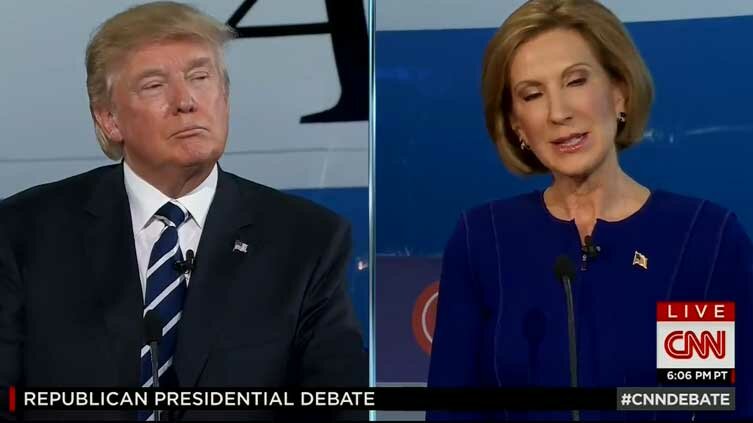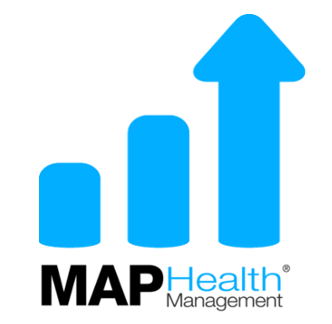Addiction: It's Time We Stop Missing the Mark
September 17, 2015 Haven Lindsey
Did you happen to catch last night’s Republican presidential debate? Plenty of punches were thrown, some landed and some didn’t. The candidates appeared to have rehearsed and prepared their statements and agendas yet more often than not they shot from the hip. And when it came to the topic of addiction and what it costs this country, they missed the mark.

Even now, more than 30 years after the ‘Just Say No’ campaign was launched and the collective acknowledgement that the ‘War on Drugs’ has failed, our politicians can’t seem to say the word ‘Addiction’. Instead, politicians continue to refer to addiction as a “drug problem†which misses the mark. Sure, it’s a drug problem but it’s also an economic problem, it’s a societal problem, it’s a family problem, it’s a community problem, it’s a medical problem and it’s a national problem. We don’t have a drug problem as much as we have a drug abuse problem and that’s known as addiction. And addiction is a chronic disease. The presidential candidates were quick to name names last night and it’s time they did the same thing with addiction. Calling it what it is gets them closer to the mark.
Jeb Bush acknowledged smoking pot 40 years ago and spoke to his support of more prevention and treatment programs. Both Bush and Rand Paul (who supports the use of medical marijuana) support less incarceration and more treatment-based drug courts as a way to address the issues of substance abuse. Carly Fiorina who lost a child to addiction also supports decreasing punitive actions and increasing treatment resources for what they referred to as the drug epidemic. These statements of support for increasing prevention and treatment and decreasing incarceration hit the mark. However, in that volatile, opportunistic debate no one described addiction as the disease ravaging our nation instead they spoke about it as a problem.
When Donald Trump launched a verbal attack on Carly Fiorina and her history of CEO at HP, she succinctly countered with facts (data). She successfully guided her counter-attack with data and Mr. Trump backed away. And this is precisely what needs to be done with addiction.
When addiction strikes, individuals and families are thrown for a loop. They struggle with the effects of a disease that manipulates a person’s behavior. It is easy to fall prey to thinking addiction is a problem and their loved one is being bad (incarceration!) rather than being sick (treatment!). For the first time ever, drug treatment facilities have the ability to arm themselves just like Ms. Fiorina did, with data.
Today, addiction treatment facilities have the opportunity to join an exclusive network of providers who gather and measure precise information on the response rates of their clients. The MAP Recovery Network provides a way for facilities to demonstrate their quality of treatment and help clients sustain long-term recovery from addiction. And for people seeking treatment for addiction, the Network provides them with the necessary antidote to the uncertainties and confusion of choosing an addiction treatment facility best-suited for their needs.
By demonstrating quality outcomes data, members of the MAP Recovery Network will be able distinguish their services to the 23 million people who annually seek addiction treatment. It is past the hour for politicians to begin to understand that we don’t have bad people using drugs, we have sick people using drugs. There are valuable resources in place so we can begin to counter-attack addiction with knowledge.
That’s how you win a debate.








